Sale-Leaseback Proves Successful Net Lease Strategy
By Max Freedman, Managing Director, Sands Investment Group: The benefits of the sale-leaseback model today.
 By Max Freedman, Managing Director, Sands Investment Group
By Max Freedman, Managing Director, Sands Investment Group
A franchisee of Bush’s Chicken, a Texas-based fried chicken fast food chain, recently approached Sands Investment Group to discuss options to purchase a store from another franchisee that no longer wished to be in the fast food business. The acquisition sale-leaseback strategy developed by SIG provided numerous benefits to the franchisee, including no cash out of pocket for the purchase of the business or real estate and certainty of close.
The deal also marked the latest in a string of sale-leaseback strategies developed with Bush’s. In this case, the sale-leaseback model has emerged as a solution for Bush’s to capitalize on market conditions and pull proceeds out of its real estate, to be applied to the business as a variety of solutions that meet the needs of each franchisee.
There are numerous benefits to the net lease sale-leaseback structure: pay down debt, increase liquidity, fund business and real estate opportunities by separating the real estate purchase, or leverage market trends to fund business improvements to existing stores, among others.
For example, in SIG’s first transaction with Bush’s, the firm helped a franchisee structure a new lease scenario in which his business could sustain a healthy rent figure and he could pull out enough proceeds to finance and fund a new expansion store. Within 30 days, SIG was able to generate five all-cash offers, which enabled the operator to dictate the future success of his current location as well as accomplish his expansion strategy.
The sale-leaseback benefits extend beyond the operator. Drawing on SIG’s experience, the developer is matched to an operator that can build concepts in their targeted region. The investor gains a stabilized long-term triple-net lease that is likely congruent to the real estate that they target for investment.
Kings Family Restaurants had been looking for the right buyer for some time. SIG represented the buyer and provided the acquisition sale-leaseback financing necessary to close. To finance the transactions, the firm completed a sale-leaseback of the 12 restaurants to Store Capital, an Arizona-based REIT. In this way, the buyer was able to sell the real estate while simultaneously entering into a long-term lease, providing an opportunity to reinvest the capital into the operations.
The benefit of the sale-leaseback strategy in this case was to allow the Kings Family Restaurants, already well-regarded in Pennsylvania, to put some value back into the chain. The buyer recognized that these assets were under-utilized and that there was a greater opportunity to increase cash flow with the right operational changes. The acquisition sale-leaseback formula was a win-win for all parties in that it created the necessary capital to finance the long-term plans for the restaurants.
For Bush’s, the sale-leaseback has created greater business options by partnering with SIG’s developer clients for equity placement and gaining access to site selection and construction services for its franchisees.
All told, the sale-leaseback model is worth exploring to create a symbiotic growth plan from all angles.

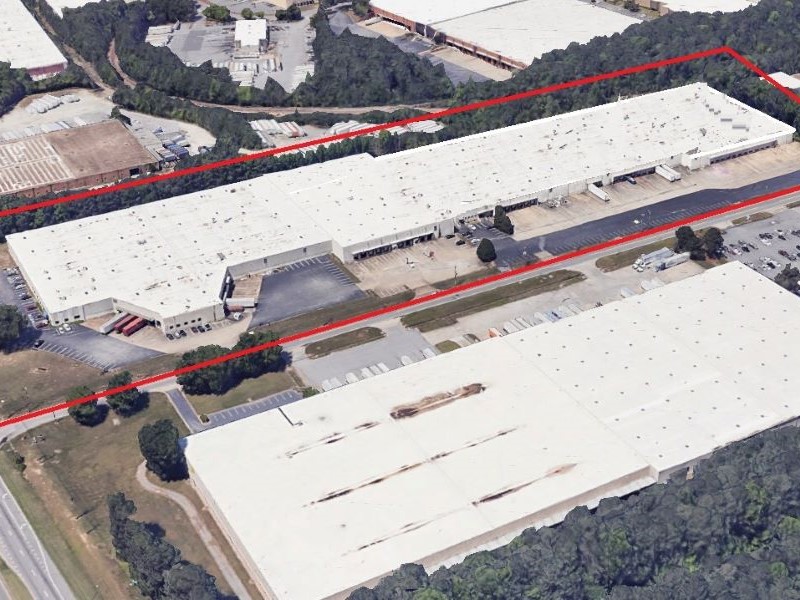
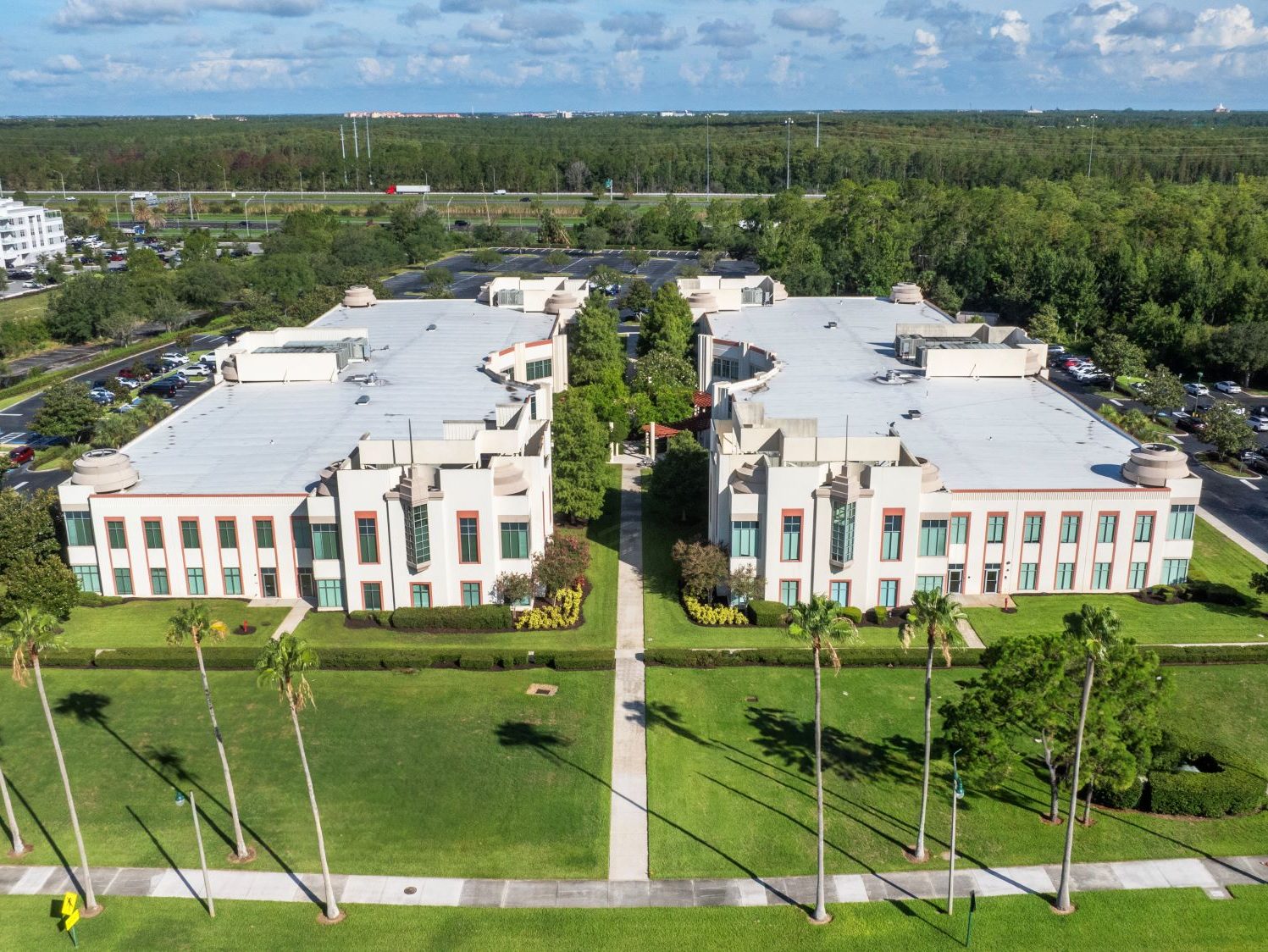
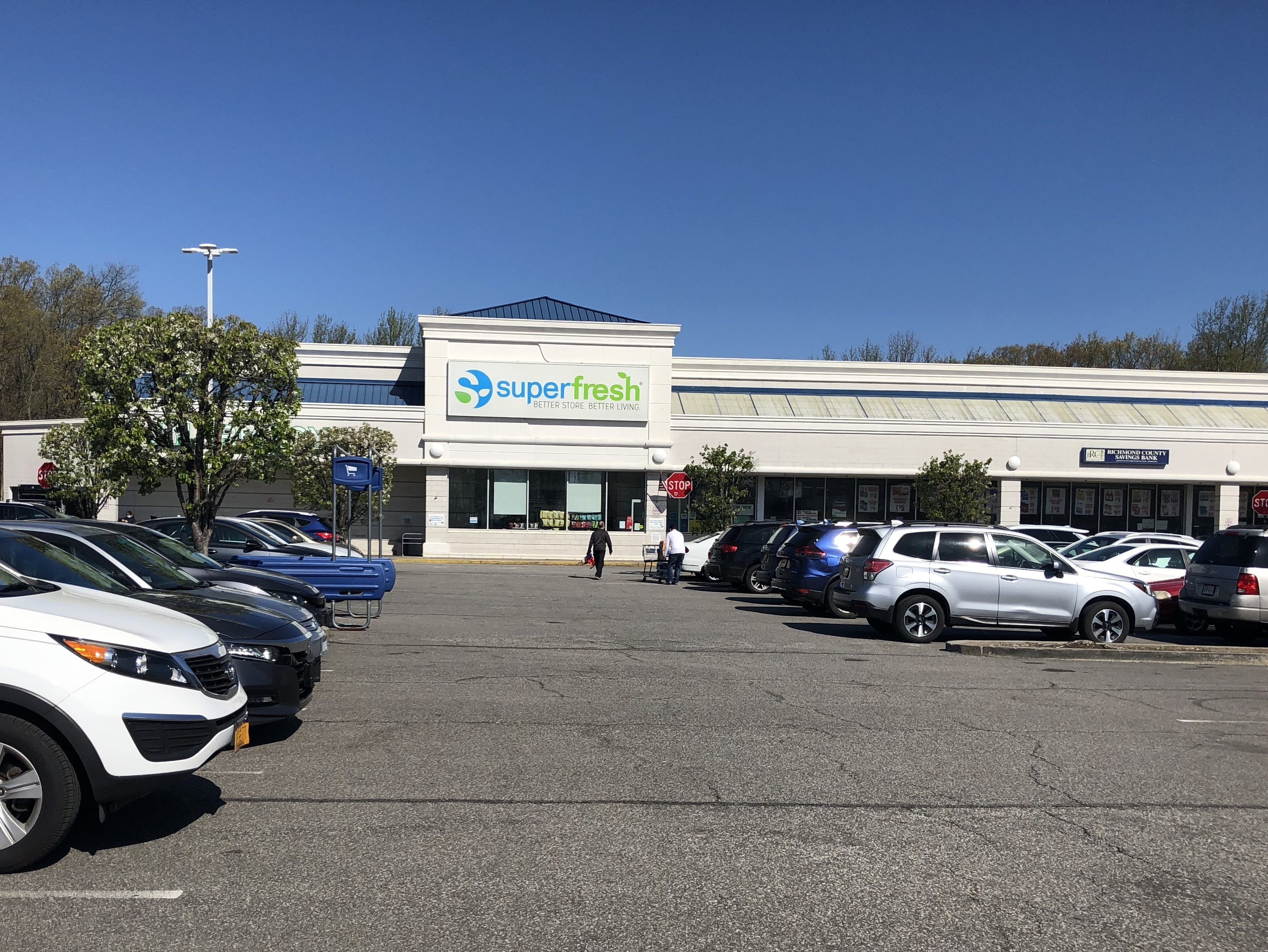
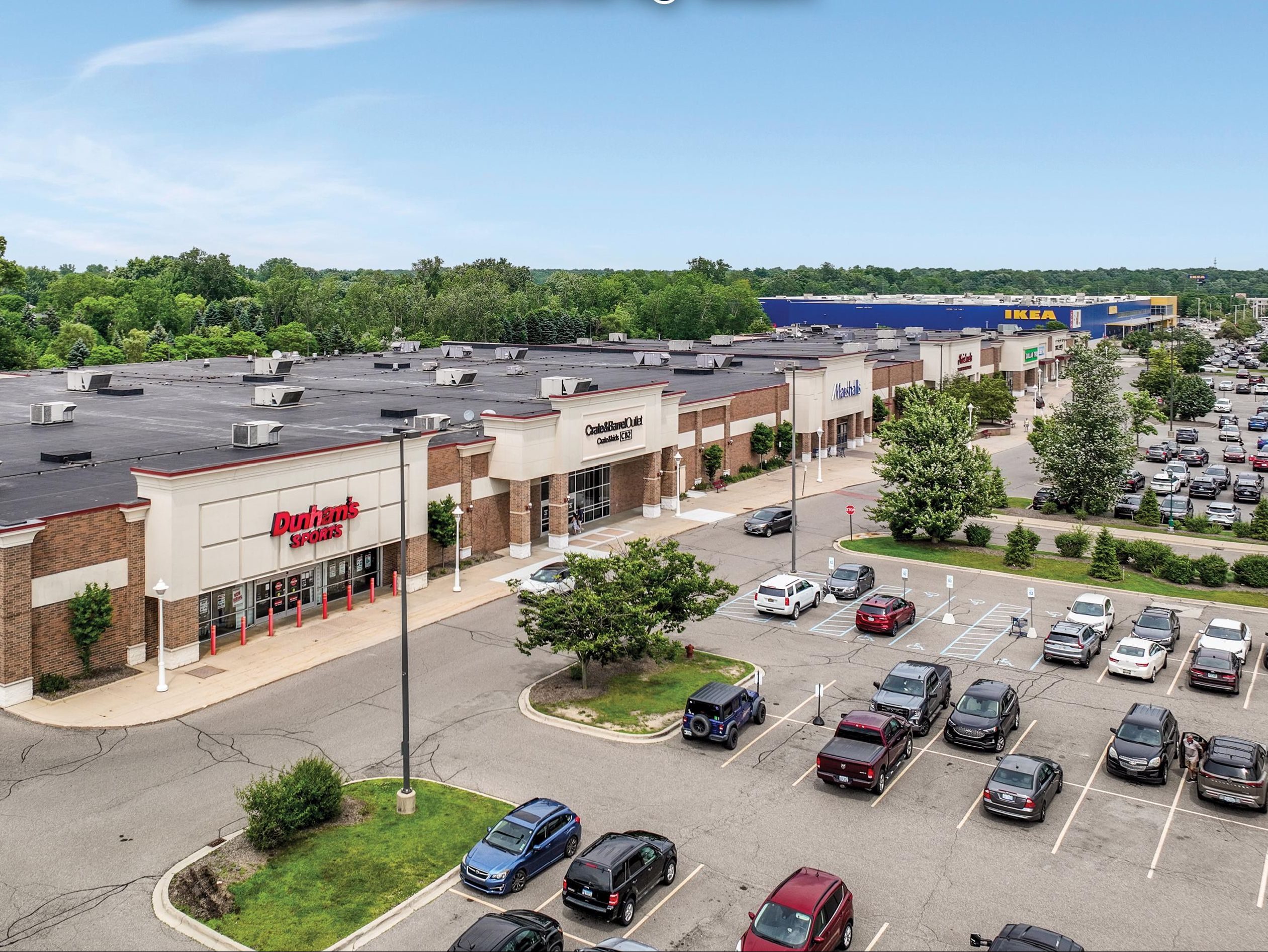
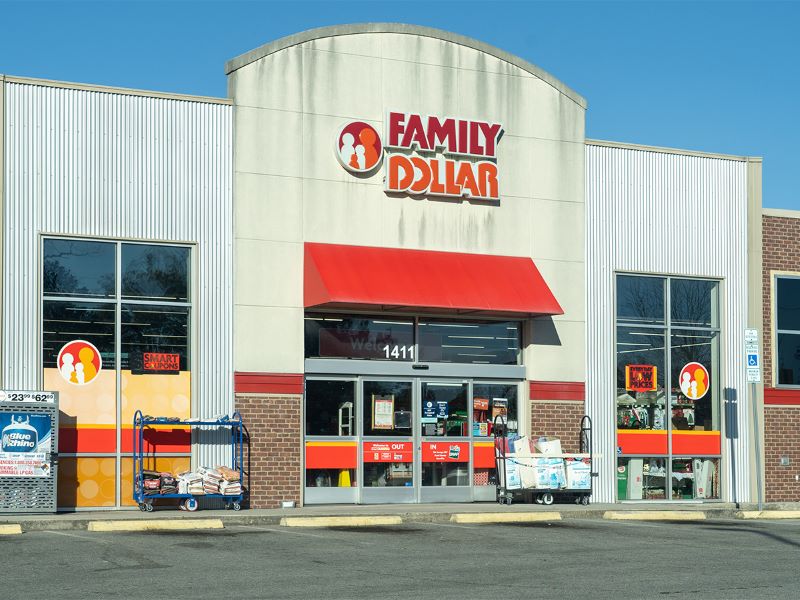
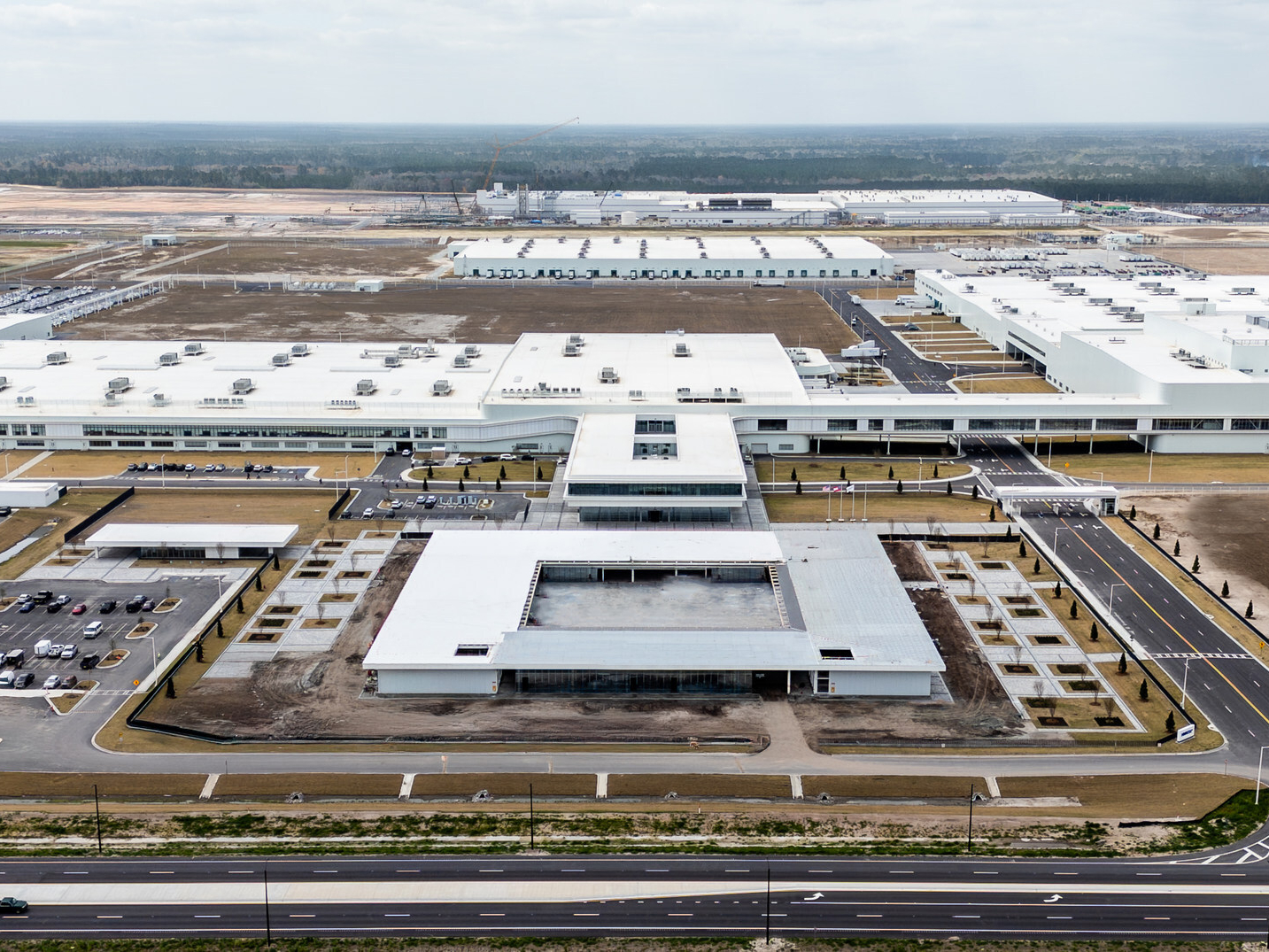
You must be logged in to post a comment.